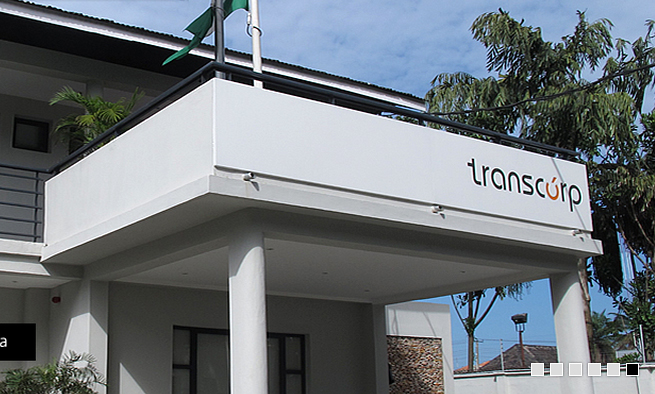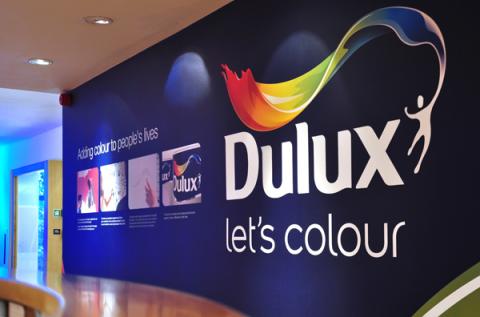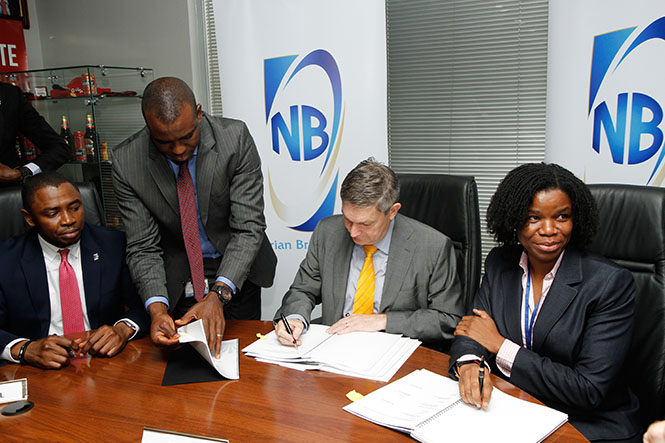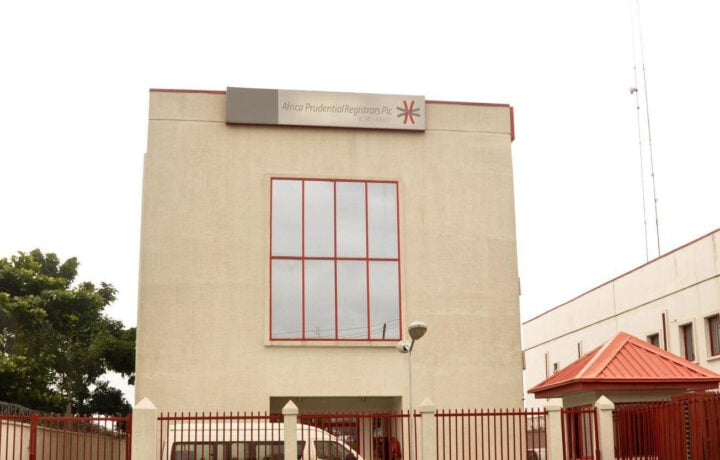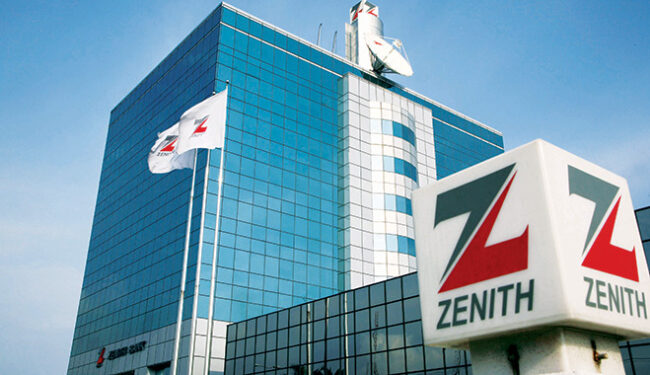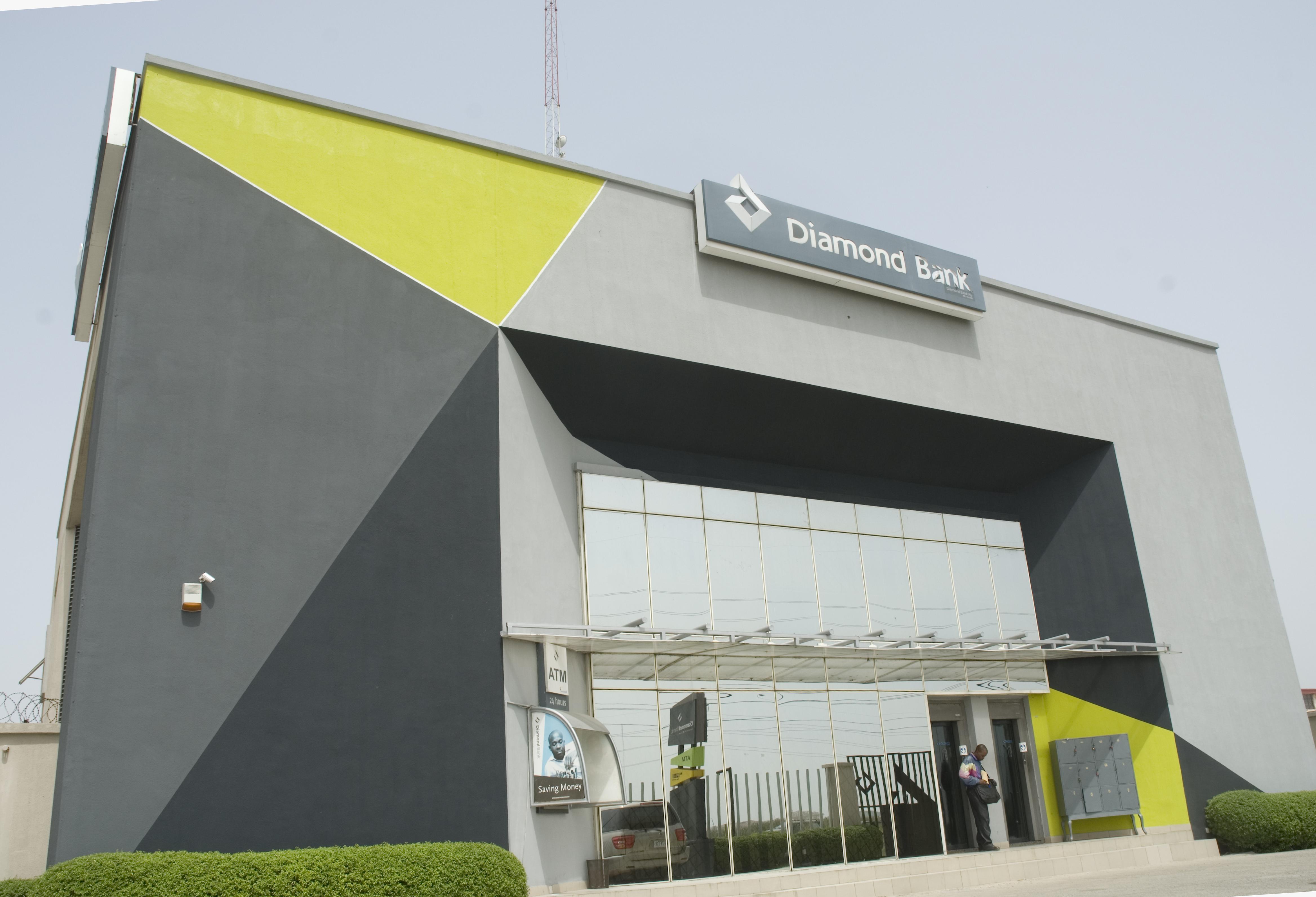Unilever Nigeria closed the second quarter trading with a bigger profit than it earned in all of 2016. The conglomerate has accelerated further the high earnings speed with which it operated in the first quarter. Sales revenue has gained speed from a growth of 32% in the first quarter to 40% in the second quarter. Profit soared far beyond the 60% rise in the first quarter and multiplied more than three times to stand at N3.67 billion at the end of June 2017.
The company is maintaining a rapid growth for the second year after a big turnaround that saw a 158% advance in after tax profit in 2016. Last year marked the end of a three-year running drop in profit for the company. The prospects for attaining a new profit high at the end of 2017 improved significantly for Unilever at the end of the second quarter.
Accelerating growth in revenue is central to the company’s elevated performance since last year. It ended half year operations with sales revenue of N45.11 billion, a year-on-year growth of 40%.
Based on the accelerated growth in the second quarter, we mark up sales revenue projection from N90 billion to N92 billion for Unilever at the end of 2017. That will be a growth of 32% for the company at full year, a further acceleration from an increase of 18% in turnover it recorded in 2016. The company closed last year with sales revenue of N69.78 billion, which is a new peak in revenue since a 7% decline from its N60 billion turnover in 2013.
Advertisement
The company’s cost-income relationship improved further in the second quarter, which has again stretched out profit margin. From the 40% growth in sales, the company raised after tax profit by 236% to N3.68 billion at the end of June. That is already well above the 2016 full profit figure of N3.07 billion.
Based on the half year performance, we mark up after tax profit projection from N6 billion to N6.8 billion for Unilever at the end of 2017. That will be an advance of over 121%, another likely triple digit leap after the 158% profit lifting last year. This will be a new profit peak for the company, beating the existing peak of N5.6 billion it posted in 2012. The company lost profit in each of the three years that followed until the rebound of 2016.
The strong profit performance continues to reflect both the accelerating sales revenue and some cost moderation so far this year. At about N31.20 billion, cost of sales slowed down from growing well ahead of sales revenue in the first quarter to just slightly ahead in the second quarter.
Advertisement
The proportion of sales revenue claimed by cost of sales declined from 72% in the first quarter to 69% in the second. That improved gross profit performance from a flat growth in the first quarter to an outstanding year-on-year increase of over 34% to N13.91 billion at the end of the second quarter.
Selling/distribution expenses grew by 29% and continued to moderate relative to sales revenue. Marketing and administrative expenses also continued to decline at close to 17% in the second quarter, providing a major cost saving channel for the company. That was the main development on the income statement of the company at the end of half year, resulting in a near tripling of operating profit to N6.39 trillion.
Finance costs grew sharply at 92% to N1.72 billion but this was slightly moderated by an increase of about 70% in finance income. Net profit margin improved further from 7.2% in the first quarter to 8.1% in the second and from 3.4% in the same period last year. This is a continuing improvement in net profit margin from 2% in 2015 to 4.4% at the end of 2016.
Balance sheet debts declined by close to 10% to N19.5 billion at the end of the second quarter, as cash flow position has improved considerably. Against a negative cash balance of N608 million in the same period last year, the company closed half year operations for the current year with cash balance of N14.17 billion.
Advertisement
Unilever earned 97 kobo per share at the end of half year, rising from 29 kobo in the same period in 2016. It is expected to earn N1.80 per share at full year based on the profit projection. It earned 81 kobo per share in 2016 and paid a cash dividend of 10 kobo per share.
Add a comment


